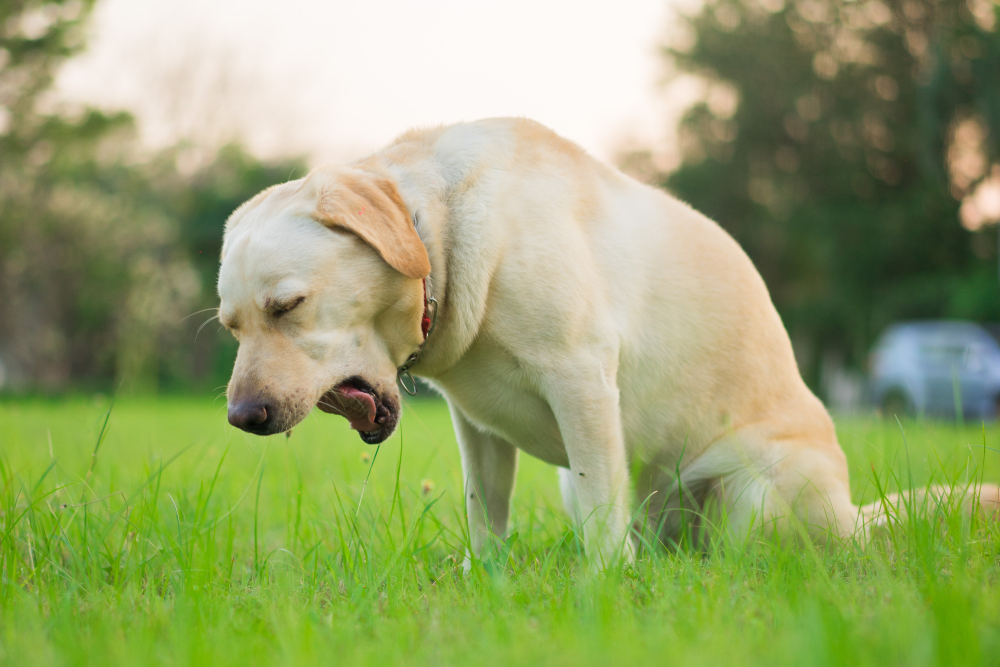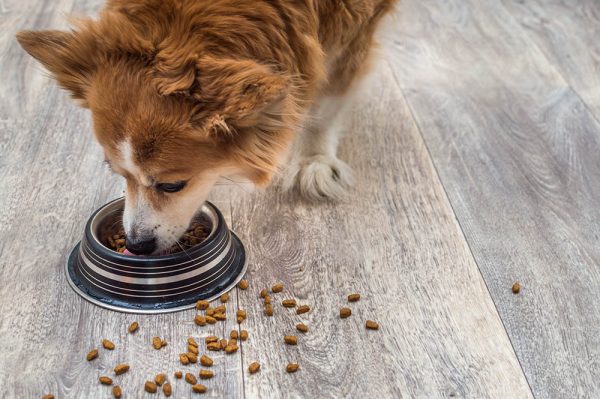It can be disconcerting when your dog starts to show signs of illness, and coughing can be especially stressful. Coughing can be uncomfortable for your dog, as well as disruptive for you. While it is a sign of illness, it is not an illness itself, so you need to talk to your vet to determine why your dog is coughing. Some coughs can have relatively benign and treatable causes, while others can be caused by serious and deadly medical conditions. Let’s check out what some of these potential reasons are just below.

The 11 Potential Reasons Your Dog Is Coughing a Lot
1. Kennel Cough
Also called tracheobronchitis, kennel cough is a contagious respiratory infection that occurs commonly in settings where dogs are kept in large groups, like doggy daycares and boarding facilities. It most commonly occurs in young dogs, especially those that are not fully vaccinated, but it can occur in dogs of any age or vaccination status. Much like the human flu shot, the kennel cough vaccine is not a 100% guarantee against the infection, although it can greatly reduce the risk.
The cough associated with kennel cough is a hacking cough that is dry and raspy and is irritated by pressure on the throat, like when pulling on a leash. In some cases, the cough can even lead to retching and vomiting.
Kennel cough can be self-limiting and resolve on its own, but some dogs require antibiotics and cough suppressants to help them get over the illness. So, it’s always best to get them checked out by your vet and follow their advice.
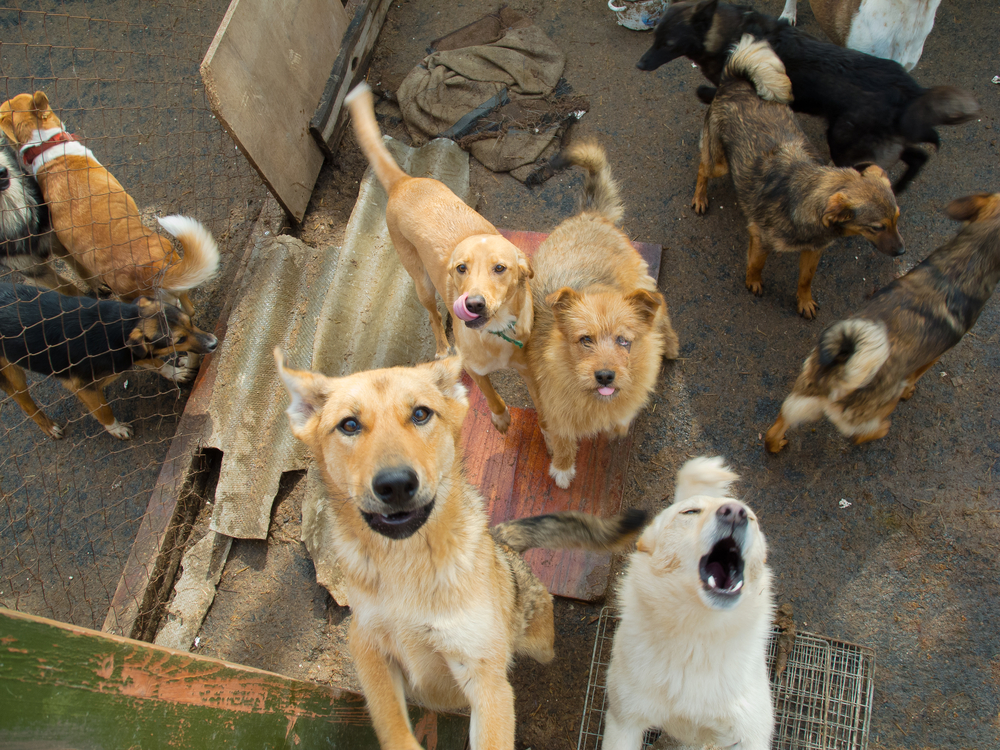
2. Canine Influenza
Canine influenza is a viral infection that is similar to influenza in humans, but canine influenza is not contagious to humans. The cough associated with canine influenza can last for several weeks, so if your dog is diagnosed with this condition, you may be in for the long haul with the coughing. This infection is contagious to other dogs, and believe it or not, canine influenza has even been diagnosed in cats, so you must keep your dog separated from your other pets while they’re being treated for the disease.
Some medications can help with canine influenza, but in most cases, these medications are supportive and not curative. For a dog with a healthy immune system, there should not be an issue clearing the virus causing the canine influenza from the body.
3. Tracheal Collapse
Tracheal collapse is a condition that typically impacts small and toy-breed dogs, like Chihuahuas, Pugs, and Pomeranians. This degenerative condition results when the rigid cartilage of the windpipe weakens, allowing it to collapse on itself when a dog breathes in, which can lead to coughing.
The cough associated with tracheal collapse is usually a dry, hacking cough that occurs more commonly with excitement, stress, or when pulling on a leash. Dogs may have difficulty calming down when these spells occur since they likely feel like they aren’t moving enough air into their lungs. Obesity, heat and humidity, and heart disease can also make the coughing worse.
Tracheal collapse can usually be managed with medications, but severe cases require highly specialized surgery.
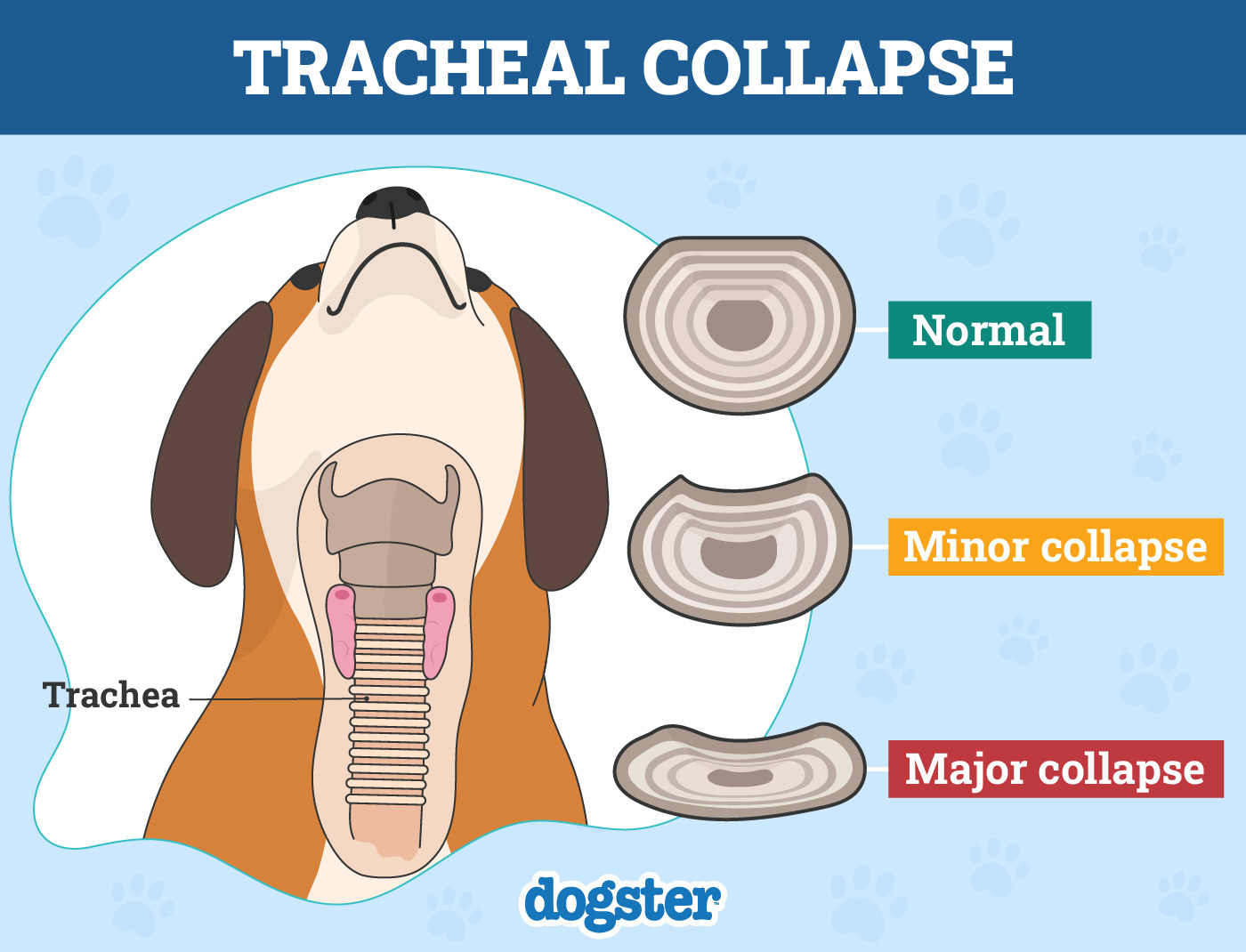
4. Pneumonia
Many things can cause pneumonia in dogs, including viral, bacterial, and fungal infections, as well as aspiration of food and water. It can occur in conjunction with multiple medical conditions as well. Pneumonia caused by a bacterial or viral infection can be contagious between dogs, so make sure to separate your sick pup from your other pets.
The cough caused by pneumonia is typically soft and wet sounding. It is usually accompanied by other signs of illness, like high fever, anorexia, poor appetite, and lethargy.
Without treatment, pneumonia can worsen, leading to significant difficulty breathing. Severe pneumonia can even lead to death. The cause of your dog’s pneumonia will determine the treatment that your vet chooses.
5. Chronic Bronchitis
Chronic bronchitis is a respiratory condition that causes irritation and inflammation of the lining of the airways, causing mucus to build up and the airways to narrow. Although the cause is unknown, environmental irritants, like cigarette smoke and other airborne pollutants, are believed to be associated with chronic bronchitis.
The cough caused by chronic bronchitis is dry and hacking. This condition is a progressive disorder that will worsen over time, potentially leading to significant breathing difficulties and poor quality of life.
To care for your dog with chronic bronchitis, your vet will likely put it on an inhaled or oral corticosteroid and potentially an inhaled bronchodilator. Antibiotics are not needed for chronic bronchitis itself, but there is a risk of secondary infections in the airways, so your dog may need them if this occurs.

6. Heart Disease
Unfortunately, a chronic cough in a dog can indicate that their heart is not functioning properly. With heart disease, the heart becomes less efficient, causing fluid to back up into the lungs, leading to coughing and shortness of breath. The cough most often seen in dogs with heart disease is a soft cough that occurs most of the time. It may worsen at night, while lying down, or while exercising.
Heart disease is not a condition that can be cured, but multiple medications can help manage the signs of the disease. Make sure to discuss with your vet which medications your dog needs to stay on. Heart disease is a chronic condition that will require consistent treatment for the rest of your dog’s life.
7. Heartworms
Luckily, not everyone lives in an area where heartworms are a big problem, but in the US, the southeastern states are the hardest hit. Your dog can get heartworms anywhere in the US, but it’s less common in cooler climates. Heartworms are parasitic worms that are transmitted by mosquitoes. They typically take up residence in the heart and supply blood vessels.
Depending on how many heartworms a dog has and how severe the disease is, they may show no signs at all. However, as the worms grow and reproduce, the dog may begin to experience similar signs of heart disease. They may also have poor appetite and lethargy.
Heartworms can be treated in many dogs, but the treatment is expensive, painful, and risky. If left untreated, the dog will die. The best option for dealing with heartworms is to prevent them in the first place. Talk to your vet to determine if a year-round prescription heartworm medication is appropriate for your dog.
8. Fungal Infections
Fungal infections can affect a dog’s lungs, but they can also impact their bones, eyes, and skin. This fungus is transmitted via contaminated soil, so dogs that dig or spend a lot of time outdoors, like hunting dogs and livestock guardian dogs, are at greatest risk.
Coughing, anorexia, weight loss, lethargy, fever, swollen lymph nodes, and shortness of breath are all signs of a fungal infection. Since this fungus can get into so many parts of the body, dogs can experience localized signs of illness as well, like lameness in one leg.
This is a very serious condition that can be deadly if left untreated. Treatment varies based on the signs the dog has, as well as the severity of the disease.
9. Foreign Objects
Anything a dog can fit in its mouth is a risk, especially if it’s a mouthy dog that loves to chew on things. While these objects usually end up in the stomach, your dog can inhale foreign objects into their lungs. In most cases, these foreign bodies are things like grass seeds, small splinters, and other irritants.
The cough associated with foreign objects in the lungs can vary depending on what the objects are if there are blockages within the airways, and how severe any damage done by the foreign bodies is.
The treatment can also vary depending on the foreign objects themselves. Dogs may require medications or surgical procedures to clear things up.
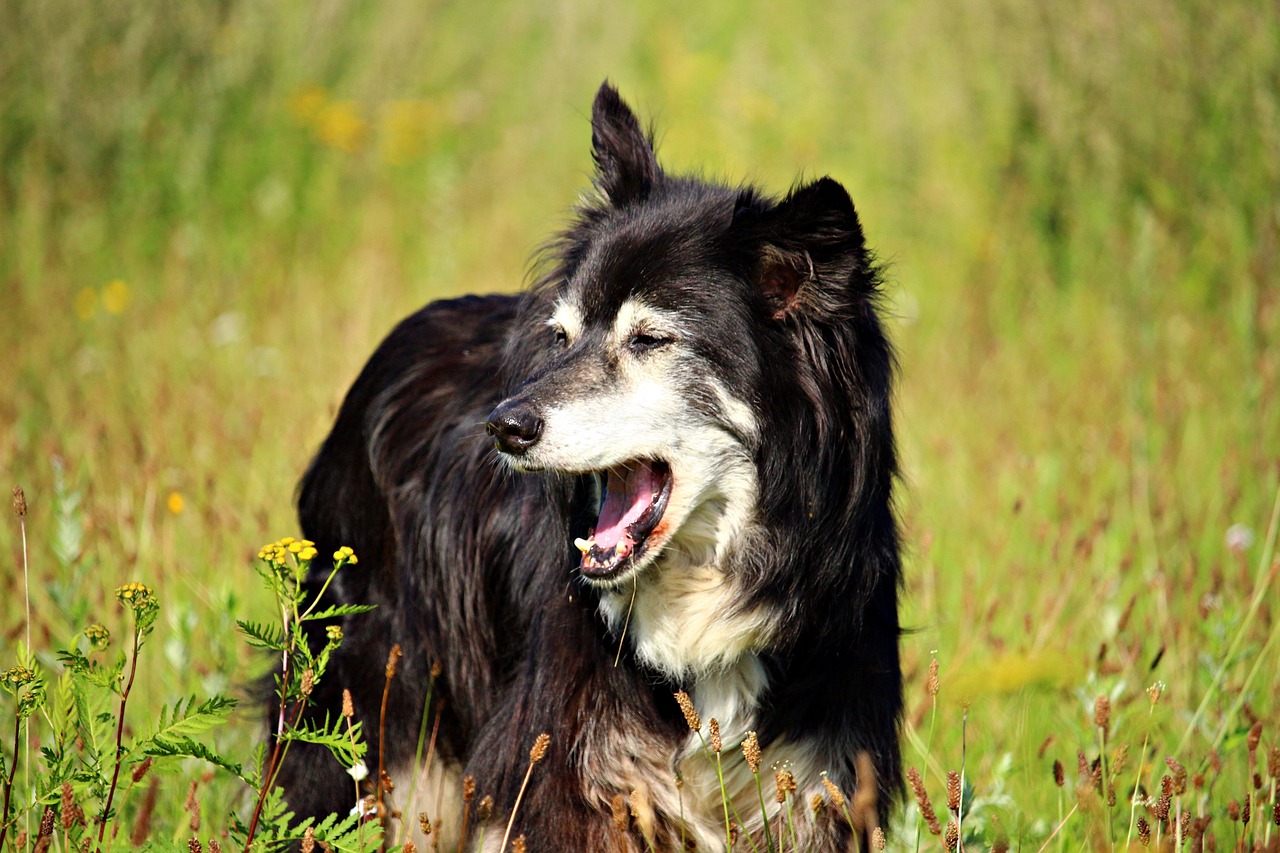
10. Choking
We all know a dog that loves to eat socks and underwear that they find on the floor. When it comes to putting things in their mouth, dogs are always at risk of choking on the object as well.
Choking is a medical emergency that must immediately be dealt with. If possible, try to get the object out of your dog’s throat. If there is a complete blockage, your dog may choke to death. Even if your dog seems to be able to breathe pretty well, head to the closest vet to get the object removed before it becomes lodged and blocks the airway.
11. Reverse Sneezing
Reverse sneezing is a condition that is often confused with a coughing attack, but it isn’t quite the same thing. Spasms of the soft palate and throat cause the dog to experience a sudden spell, during which they may make wheezing and coughing noises. It occurs most commonly in dogs with flat faces and small breeds, but it can occur in any dog.
Breathing in a foreign object, exercise, excitement, nasal drainage, sudden temperature swings, and irritants in the air can all cause a reverse sneezing spell. This condition can be scary to witness, especially if you’ve never seen it before, but it is not an emergency and should resolve on its own very quickly when your dog calms down. If your dog experiences reverse sneezing regularly, though, you should consider taking them to the vet to rule out an underlying health condition.


Conclusion
The best approach to dealing with coughing in dogs is to take them to a vet to diagnose the issue. While some issues are benign and easily treated, some coughs can indicate severe and deadly diseases. A vet should always be consulted when a new cough begins to occur, or a chronic cough worsens.
Featured Image Credit: Dhanoo Surasarang, Shutterstock
